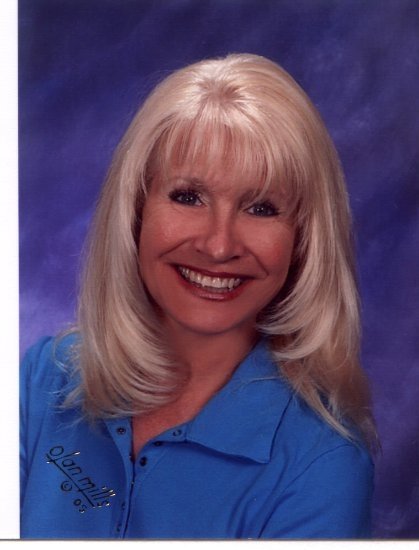Today I am continuing the series on Grief and Loss. In a prior post entitled “The 5 Stages of Grief”, I mentioned a form of grief which is more acute and intense which is called “complicated grief.” In researching this subject, I found several articles which discussed complicated grief, so I will combine them in this post, as most articles were quite similar in the discussion of this subject.
Complicated grief refers to a more persistent form of bereavement/grief which tends to dominate the person’s life and interferes with daily functioning for an extended period of time. Most of us who have experienced grief and loss do experience intense, acute grief, particularly in the early stages of loss; but, in time, the emotions and symptoms become less intense. Recurring intense grief is a normal part of grieving, and may occur at particular times of the year, anniversaries, birthdays, and holidays, but generally there is forward movement toward healing. This is not the case with complicated grief which is similar to being stuck in an intense state of mourning, rather than progressing through the stages of grief toward healing.
Symptoms of Complicated Grief include:
- Prolonged intense sadness
- Intense longing or yearning for the deceased
- Preoccupation with the deceased loved one or with the circumstances surrounding the death (recurrent troubling thoughts, which lead to thinking over and over that someone could have done something to prevent the death)
- Intrusive thoughts or images of your loved one
- Denial of the death or a sense of disbelief (this is prolonged denial, rather than the denial most of us experience in the beginning stages of loss)
- Imagining that your loved one is still alive
- Searching for the person in familiar places
- Avoiding any reminders of your loved one (avoiding people, places or things associated with things you used to do with your loved one)
- Difficulty engaging in happy memories
- Extreme bitterness, anger, or guilt over the loss
- Lack of desire in pursuing personal interests or plans
- Feeling that life is empty or meaningless
The symptoms of complicated grief are often very similar to the symptoms of clinical depression. The articles which I researched tend to suggest that often persons suffering from complicated grief may be suffering from clinical depression as well. It is extremely important to speak with a health professional if you are experiencing any of the symptoms (listed above) for a prolonged period of time. Speak with a doctor, a grief counselor, or a professional therapist regarding your symptoms. If left untreated, either complicated grief or depression may lead to more serious health issues, significant emotional damage, or suicidal thoughts.
Again, it is important to note that most of us who have walked through grief and loss have experienced some or all of these symptoms as we walk through the process of grieving. The difference is that, with complicated grief, the feelings are more intense, and so constant and severe that the grieving person becomes stuck in grief and unable to move forward toward healing. But there is help available through individual counseling, group therapy, or even family therapy, all of which are healthy ways to begin your healing process.
Please remember that, while I am not a medical professional, I am here for you. I want you to feel free to write to me at any time on Facebook or here on the site. The prayer request form is completely confidential and I am the only one to see that form once it is submitted. Reach out to those who care about you and want to see you begin to live a healthy life again. Memories of your loved one will always be held in your heart; and you will have good days and not-so-good days. But you will survive; and you will be able to move from being stuck in intense grief and mourning toward a healthier, less intense reality which will include healthy, happier memories of your loved one.
In my next series of posts, we will look at ways of coping and dealing with grief. It is time to move forward in the series, so that all may begin to experience acceptance and begin to heal.




Enlightening and helpful. Thank you.